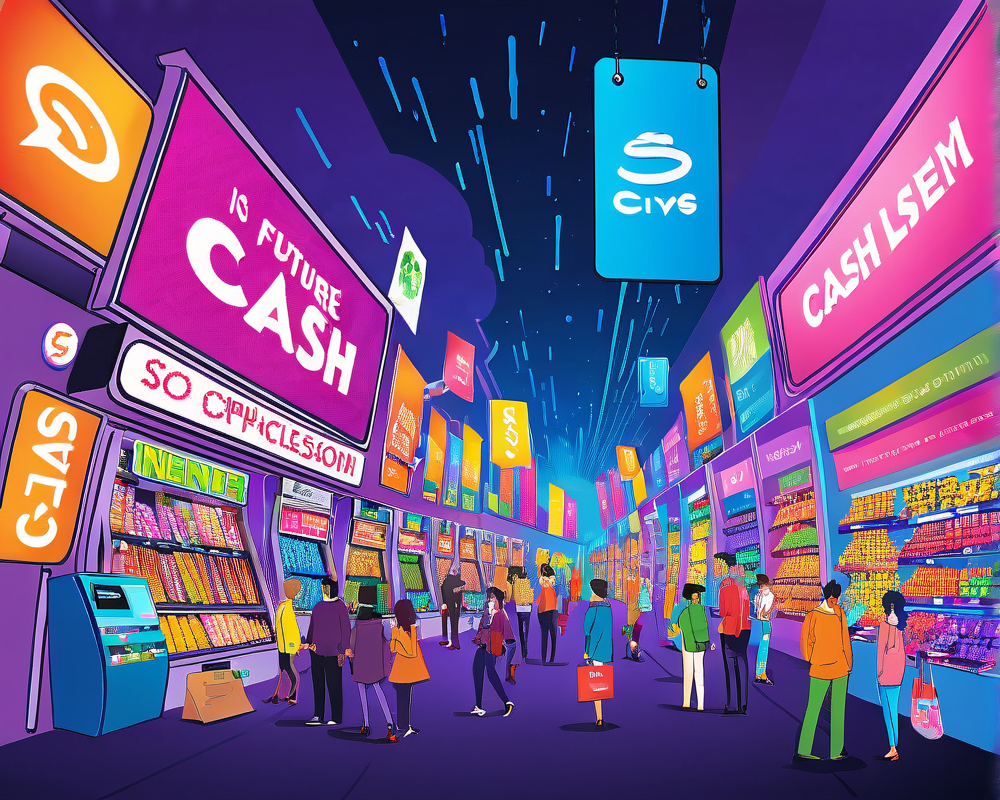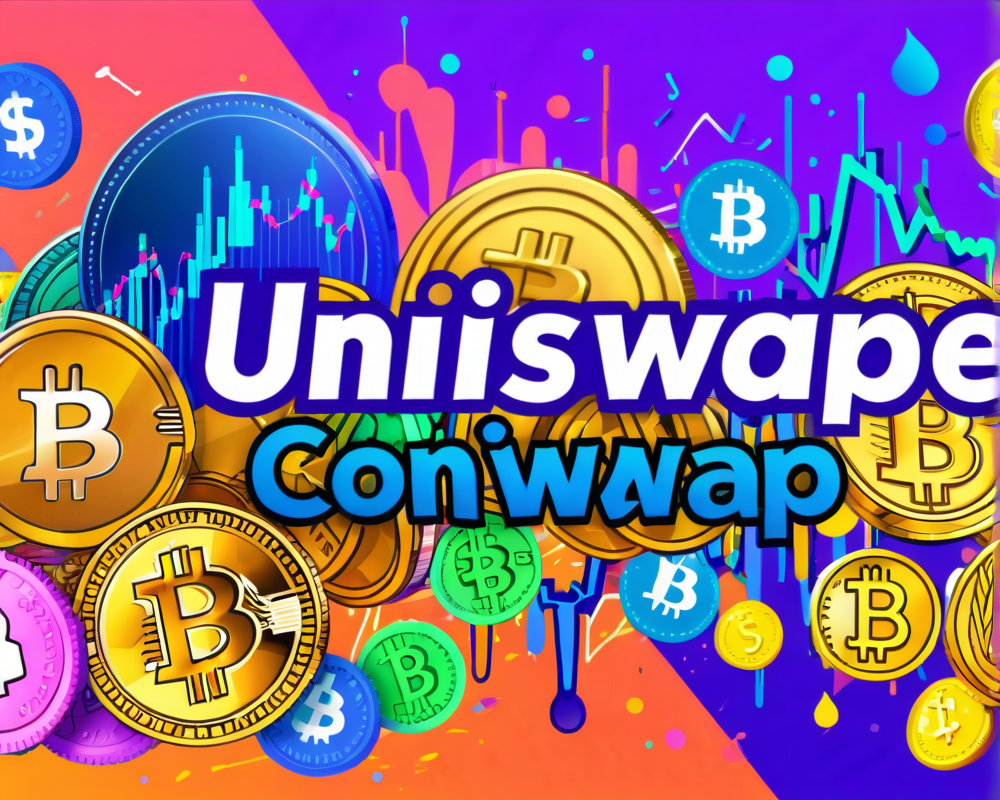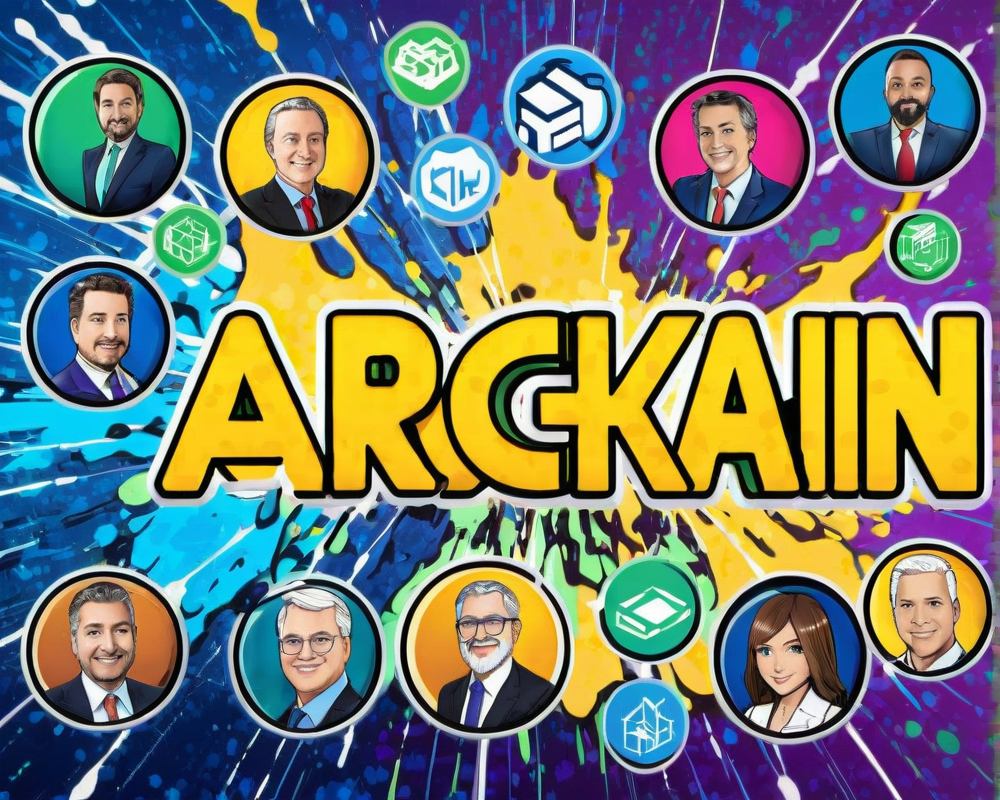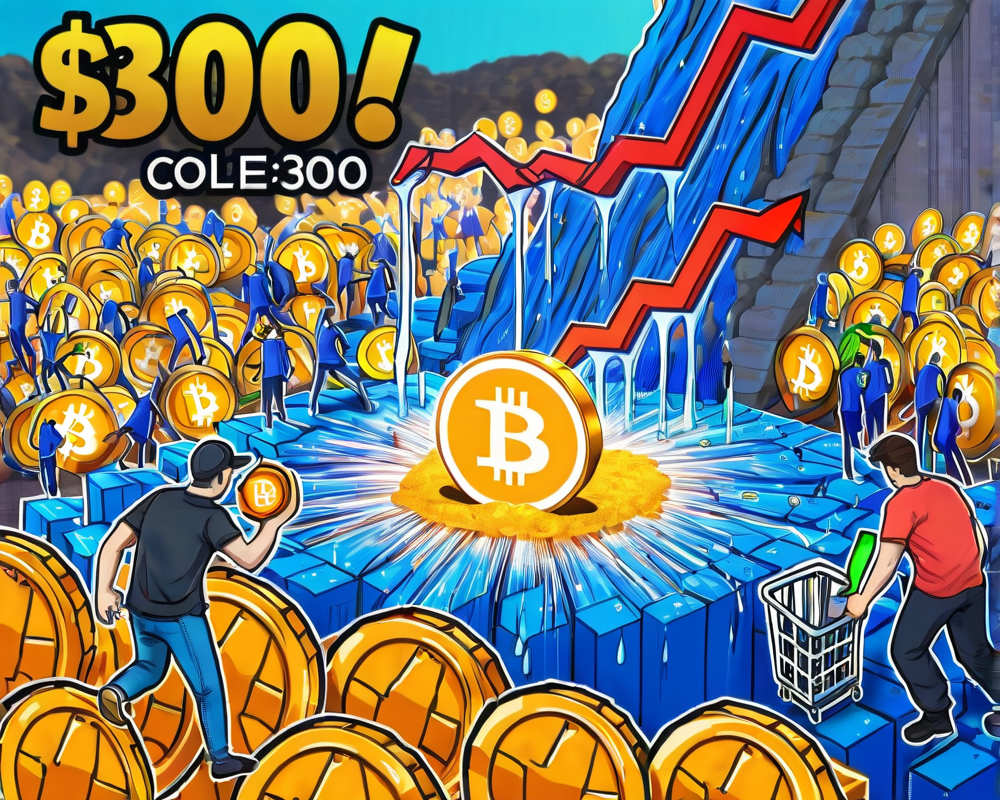The Cashless Conundrum
As we march into an era where the plastic card reigns supreme, it’s easy to think we’re on the fast track to a cashless society. But hang on a second. Recent surveys have revealed that a surprising number of Americans hold on tight to their bills. In fact, a whopping 60% of them would rather clutch their crinkly cash than embrace a digital-only future. Who knew money was such a clingy partner?
Cash’s Cultural Significance
Let’s think about it. Cash isn’t just paper; it’s a symbol of independence and, dare I say, an American institution. Richard Holden, a professor of economics, noted that the “greenback” holds a certain cultural weight that other currencies can’t match. It’s not just about making purchases; it’s about status, nostalgia, and good old-fashioned tangible visibility.
Psychological Barriers
Transitioning to a cashless society would indeed require a significant mindset shift. Remember when CDs were all the rage? Just imagine trying to convince your parents that their beloved cash isn’t the way to go anymore – no easy feat! And yes, while the younger generations might not remember life without smartphones, many older folks might feel betrayed, like that trusty VHS player they just can’t let go of yet.
Digital vs. Cash: The Tug of War
While some experts tout the conveniences of digital transactions, it’s essential to acknowledge the pressing issues cash can solve. Vinay Prabhakar pointed out that digital payments seem more secure, yet cash provides a layer of privacy that many users adore. After all, few of us want our credit card companies waving flags on our pharmacy purchases, right?
Access Disparities
Equity rears its head in this debate. Transitioning to an entirely cashless society leaves a swath of the population vulnerable. From the low-income individuals without bank accounts to the elderly in nursing homes—the risks of leaving them behind in this digital revolution are serious and ignoble. As Vlad Totia puts it, “A digital society requires people to have access to a device and internet connection.” And good luck trying to convince grandma to get at a smartphone if she’s never used one!
The Pandemic’s Influence
COVID-19 has thrown a wrench into the cash vs. digital discussion, pushing many toward online payments due to hygiene concerns. It seems that we’re more worried about money becoming a germ-fest than about the actual cash itself. Ironically, what might have been perceived as a monstrous shift has ironically propelled certain demographics to embrace online banking—those future users you’d normally find hunkered down counting out change.
Environmental and Economic Considerations
Economics? Yes, please! Beyond convenience, proponents argue that moving away from cash would eliminate inefficient transaction times – after all, nobody wants to prolong the agony of waiting behind a penny-counter in line. Plus, environmental angles are hard to ignore; cash production involves non-renewable resources that aren’t exactly eco-friendly. As Prabhakar notes, digital transactions have little to no ecological impact. So maybe that’s a silver lining in our tech-heavy future?
Is Cash’s End Near?
Cash’s demise might not be a straightforward plot twist in this saga. While some countries, like Sweden, are making strides, it’s clear that obstacles abound. Financial literacy, access to technology, and cultural connections to cash must come into play before we can hit the all-digital jackpot. And we’d be remiss not to recognize that cash’s utility also extends into realms of anonymity, especially for those needing to keep their purchases private. A cashless world may well require discussions of ethics, access, and fairness.
Final Thoughts
The evolution of currency—be it cash or digital—feels like a real-life episode of Survivor. Only time will tell which camp emerges victoriously. While we may stride toward a cashless future, holding onto that old paper reminds us that sometimes, the tried and true still have a place in the world. Grab your wallets, folks. It’s going to be a bumpy ride!




